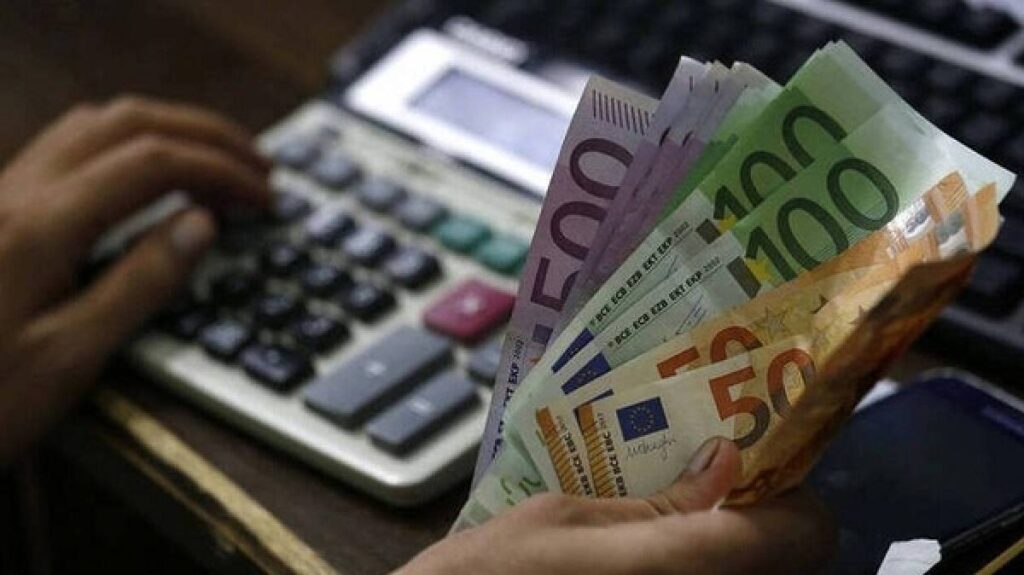
A bill is currently being tabled in Parliament, with which the government attempts to give the opportunity and access to microfinance on legal terms for thousands of small businesses that do not have access to bank lending.
The bill has been drafted for months by the Ministry of Finance and more specifically by the Deputy Minister George Zavvos, responsible for the financial sector in cooperation with the Ministry of Development. The aim of the bill is to provide new microfinance to those who are entitled to it through new third-party sources, which will give "breathing space" to those who are facing problems from the crisis left behind by the new coronavirus, but are excluded from formal banking channels.
Up to €25,000 and unsecured microfinance
The new microfinance will be divided into two categories, business and personal. Business loans may have the following characteristics:
- All forms of credit up to €25,000 granted either to cover investment needs or as working capital
- Leasing products up to 25,000 euros for the acquisition of equipment
- Stand-alone guarantees of up to €25,000, which cannot be used to obtain loans from other financial institutions
Beneficiaries of business microfinance may be micro-enterprises, natural persons setting up micro-enterprises, self-employed or self-employed persons and social and solidarity-based economy bodies.
These loans will be granted without the obligation of collateral on the part of borrowers. The activities covered by microfinance up to €25,000 will concern investment or working capital needs, equipment or rental needs, guarantees and even training costs. The wide range of activities covered includes both small professionals who are unable to continue their activity without new funding, as well as unemployed people who want to join economic production. The institution of microfinance is expected to be accompanied by tax incentives to beneficiaries (interest deduction, exemption from stamp duty).
New microfinance - New microfinance institutions
More specifically, the proposal of the Ministry of Finance is the creation and licensing of new microfinance institutions, which after approval by the BoG, will be able to give loans to individuals or micro-enterprises. The aim is to provide access to cheap finance for those who do not have access to official bank lending and are forced to resort to usury and other illegal sources of funding.
The new small financial institutions may be set up by natural or legal persons, which will go through an evaluation by the BoG which will license them. What the government wants to achieve is to create funding institutions, without the heavy, bureaucratic procedures that govern the banking system.
The licensing by the Bank of Greece ensures both the origin of the money and its use, as the initial capital for the establishment of the institution will be more than 200,000 euros of the initial draft law to be consulted.
Finally, the shareholding structure of microfinance institutions will be scrutinised, especially in the event that a shareholder's participation exceeds a certain percentage, while the company will also go through the regular accounting and financial audit provided for by law. Microfinance institutions will also be able to participate in co-financed programs under the Public Investment Program, as well as in guarantee programs of the Development Bank.
We clarify that today the provision of microloans in Greece is extremely limited, as microfinance institutions currently operating in the country, such as the AFI and the Centre for Business Cultural Development (KEPA), in the absence of an institutional framework similar to that in other EU countries, they are obliged to provide loans through the existing banking system.




